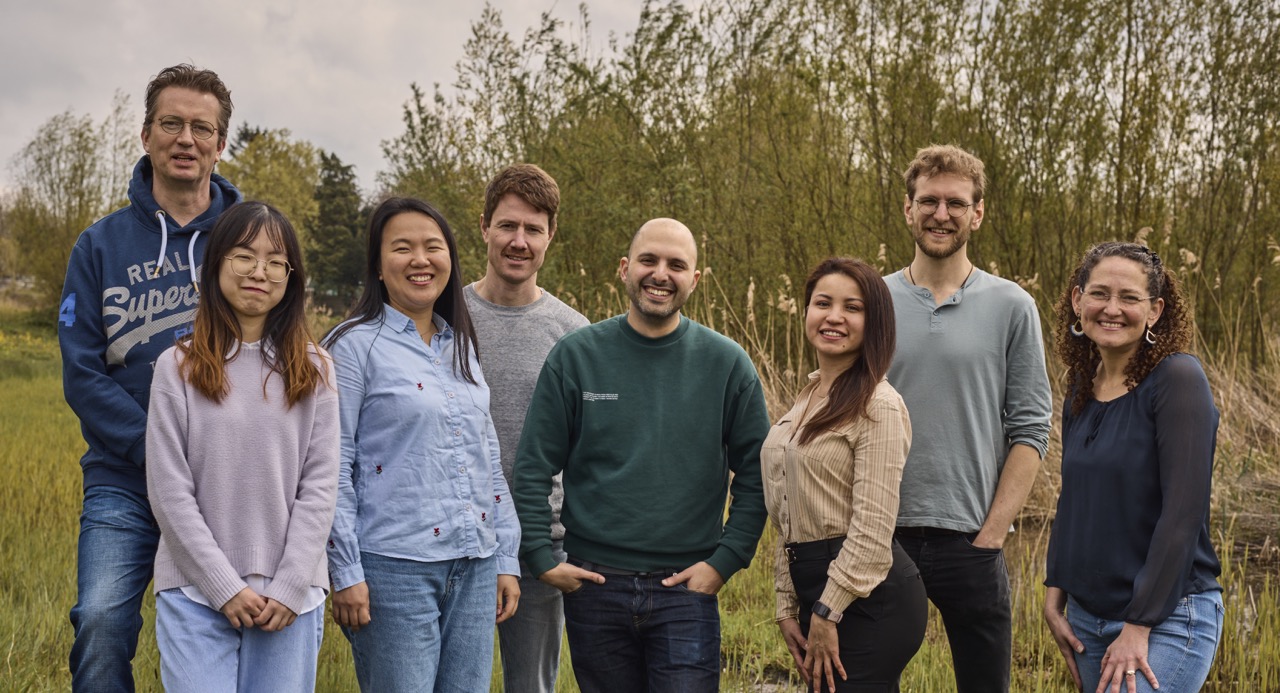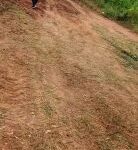Dutch startup Farmless has today announced that it has raised a €1.2 million pre-seed equity round at an undisclosed valuation to bring to our tables proteins created without the need for traditional farming operations. The climate crisis means that it has never been more pressing to develop alternative food sources in order to both protect our planet and feed its ever-growing population both effectively and sustainably. Farmless’s founder and CEO Adnan Oner believes that Farmless’s novel approach to protein production can bring about positive change for what we eat and how we produce it.
“A couple of years ago I wondered how to have the most impact with my next startup,” said Oner, when speaking exclusively to TechCrunch. “I found out that there are very few people making food production dramatically more land- and resource-efficient. Efficient food production is crucial if we want to reverse centuries of agricultural sprawl and reforest the world in my lifetime…I got pretty excited when I found out there is a much better path to food than traditional agriculture: fermentation based on renewable electricity.”
There are already quite a few non-animal-based protein alternatives available, but Farmless considers that it is on to something quite different with its fermentation approach. Its production process isn’t reliant on sugar but rather on a liquid feedstock made with CO2, hydrogen and renewable energy. This means that not only does it require a five-hundredth the amount of land compared to animal protein production, but also between 10 and 25 times less land than other types of plant-based protein.
“With our fermentation platform, we aim to dramatically outperform animal agriculture and reliably produce low-cost proteins at a planetary scale,” said Oner. “We believe this technology has the potential to end factory farming, rewild our planet and draw down gigatons of carbon.”
Farmless has raised its €1.2 million pre-seed round from co-leaders Revent, Nucleus Capital and Possible Ventures with participation from HackCapital, Sustainable Food Ventures, VOYAGERS Climate-Tech Fund, TET Ventures and angels Jenny Saft through the Atomico Angel program, and Ron Shigeta, Martin Weber, Rick Bernstein, Nadine Geiser, Joy Faucher, Michele Tarawneh, Alexander Hoffmann and Christian Stiebner.

The Farmless team. Image Credits: Farmless
Oner talked TechCrunch through both the short-term and long-term possibilities that this funding has unlocked.
“With this round, we were able to find microbes that taste and act like animal proteins, set up a lab and build a team of dedicated fermentation and food scientists,” said Oner. “We’re currently developing our initial product prototype, which is an amino acid-complete protein with high functionality.”
As well as putting in place these essential requirements for building a business, the funding should help to expand Farmless and push the limits of what can be accomplished with synthetically produced proteins.
“We’re also pushing the boundaries of the performance of our fermentation process,” said Oner. “Next steps would be moving to bigger fermentation vessels, building our supply chain, getting regulatory approval for our first product and bringing it to market with the right partners.”
In the long-term, Farmless has enormous hopes for its protein alternative.
“The Farmless fermentation platform can potentially create a whole new food repertoire, producing proteins, carbohydrates, beneficial fats, vitamins, and minerals from the bottom up,” said Oner. “We are building a new interface between food and electricity, which means we are domesticating microbes selected for their food properties and their ability to grow on renewable energy-based feedstocks.”
From Farmless’s perspective, it has the potential to bring about earth-changing developments over the next 10 years.
“If everything goes to plan, we’ll bring food fermentation into the mainstream in the next decade,” said Oner. “Our ultimate goal is to free food production from animals and agricultural land, so we can return vast amounts of land to rewild our planet, draw down carbon from the atmosphere and liberate animals from the food system.”
Despite the positivity flowing from both Farmless and its investors, there are some potential regulatory roadblocks on its journey to fermentation-produced proteins, as Oner explained.
“Within the European Food Safety Authority (EFSA) the novel food procedure broadly has two phases; one is the food safety part, which is great,” said Oner. “However, after receiving a favourable opinion from the EFSA, all member states get to vote, making it a highly political and unpredictable process.”
As a consequence of the regulatory restrictions, Farmless might face some issues in producing a protein alternative that people actually want to eat.
“At the moment public tastings of fermentation-based products are not allowed under any conditions in The Netherlands,” said Oner, “making it a more complicated process to get customer feedback before going through the regulatory process.”
There are also potential funding bottlenecks on the horizon for Farmless, and indeed any other companies that are infrastructure-reliant.
“Typical venture capital wants a high return on investment, which does not match with infrastructural projects,” said Oner. “These bridges need to be filled with project financing, ideally with governmental support to increase the transition to a more sustainable and affordable food system just like we did for renewables and electric vehicles.”
However tough it might be to pursue this, and other technologies, Farmless considers it absolutely essential that humans develop a workable alternative to animal protein. And if it isn’t too arable land-intensive, either, that’s even better.
“Animal agriculture belongs in the same category as the fossil fuel industry,” said Oner. “It causes so many bad things: biodiversity loss (>90% of tropical deforestation), CO2 emissions, diseases, increase in antibiotic resistance, pesticide use, freshwater depletion, soil erosion, algae blooms — the list goes on and on.”
Oner and the Farmless team are delighted to have the backing of investors who share their sense of urgency and potential.
“We’re proud to be backed by this large group of experienced climate tech investors who share our radical mission,” said Oner. “They are as eager as us to find a reliable way to produce low-cost proteins at planetary scale, end factory farming and rewild our planet.”
With its planet-friendly protein, Farmless wants to dramatically outperform animal agriculture by Haje Jan Kamps originally published on TechCrunch
DUOS





